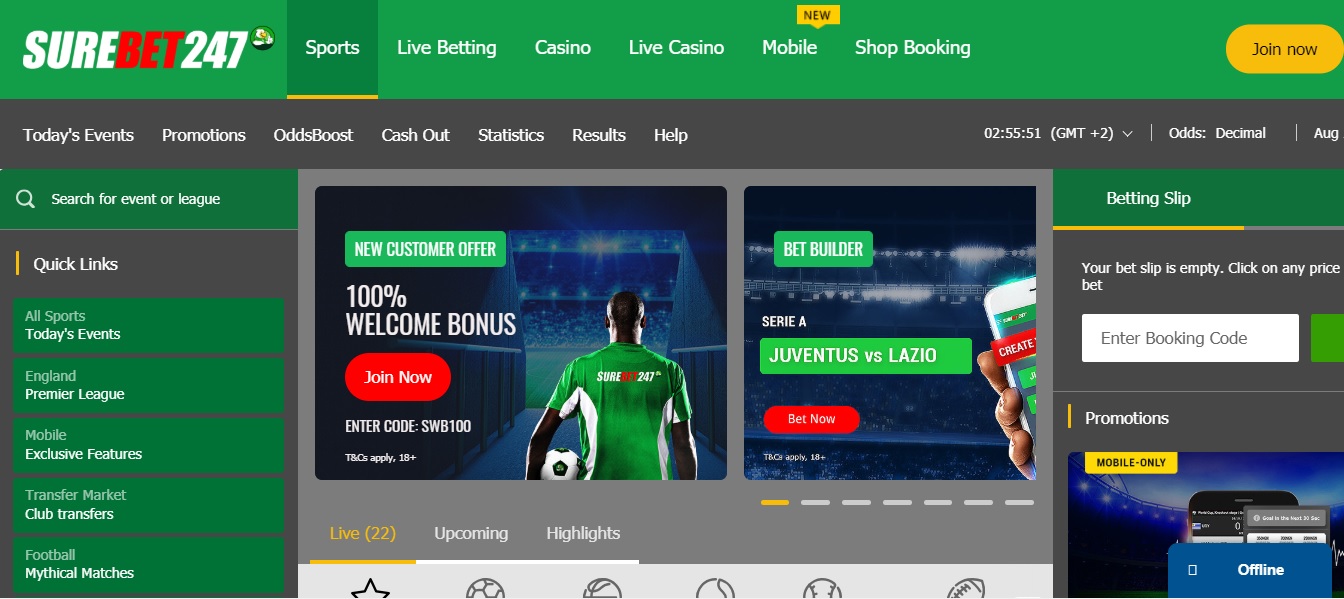Start with a firm introduction
This should start out with a hook. Ideally, you want your readers enraptured from point one. Make your proposal as purposeful and useful as possible. Use some background information to get your readers in the zone. Then state the purpose of your proposal.
- If you have any stark facts that shed some light on why the issue needs to be addressed and addressed immediately, it’s a safe bet that’s something you can start with. Whatever it is, make sure what you start out with is a fact and not an opinion.
State the problem
After the introduction, you’ll get into the body, the meat of your work. Here’s where you should state your problem. If your readers don’t know much about the circumstance, fill them in. Think of this as the “state of affairs” section of your proposal. What is the problem? What is causing the problem? What effects does this problem have?
- Emphasize why your problem needs to be solved and needs to be solved now. How will it affect your audience if left alone? Make sure to answer all questions and cover them with research and facts. Use credible sources liberally.
- Don’t hedge or muddle your proposal with qualifiers or beating around the bush. This section needs to convince your readers that there is a problem and that it’s important. Writing something like “I believe that my proposed plan may have an effect on poverty rates in the district” isn’t going to convince readers of anything. Be direct and concise. “The proposed plan will significantly reduce poverty rates in the district” is much more convincing.
Propose solutions
This is arguably the most important part of your proposal. The solutions section is where you get into how you will address the problem, why you will do it in this way, and what the outcomes will be. To make sure you’ve got a persuasive proposal, think about the following:
- Discuss the larger impact of your ideas. Ideas that seem of limited applicability aren’t as likely to spark enthusiasm in readers as ideas that could have widespread effects. Example: “Greater knowledge of tuna behavior can allow us to create a more comprehensive management strategy and ensure canned tuna for future generations.”
- Addressing why you will do something is as important as stating what you will do. Presume that your readers are skeptical and will not accept your ideas at face value. If you’re proposing to do a catch-and-release study of 2,000 wild tuna, why? Why is that better than something else? If it’s more expensive than another option, why can’t you use the cheaper option? Anticipating and addressing these questions will show that you’ve considered your idea from all angles.
- Your readers should leave your paper assured that you can solve the problem effectively. Literally everything you write should either address the problem or how to solve it.
- Research your proposal extensively. The more examples and facts you can give your audience, the better — it’ll be much more convincing. Avoid your own opinions and rely on the hard research of others.
- If your proposal doesn’t prove that your solution works, it’s not an adequate solution. If your solution isn’t feasible, nix it. Think about the results of your solution, too. Pre-test it if possible and revise your solution if need be.
Include a schedule and budget
Your proposal represents an investment. In order to convince your readers that you’re a good investment, provide as much detailed, concrete information about your timeline and budget as possible.
- When do you envision the project starting? At what pace will it progress? How does each step build on the other? Can certain things be done simultaneously? Being as meticulous as possible will give your readers confidence that you’ve done your homework and won’t waste their money.
- Make sure your proposal makes sense financially. If you’re proposing an idea to a company or a person, consider their budget. If they can’t afford your proposal, it’s not an adequate one. If it does fit their budget, be sure to include why it’s worth their time and money.
Wrap up with a conclusion
This should mirror your introduction, succinctly wrapping up your general message. If there are consequences to your proposal not being undertaken, address them. Summarize the benefits of your proposal and drive home that the benefits outweigh the costs. Leave your audience thinking ahead. And, as always, thank them for their consideration and time.
- If you have extra content that doesn’t exactly fit into your proposal, you may want to add an appendix. But know that if your paper is too bulky, it may scare people off. If you’re in doubt, leave it out.
- If you have two or more appendices attached to your proposal, letter them A, B, etc. This can be used if you have data sheets, reprints of articles, or letters of endorsement and the like.
Edit your work
Be meticulous in writing, editing, and designing the proposal. Revise as necessary to make it clear and concise, ask others to critique and edit it, and make sure the presentation is attractive and engaging as well as well organized and helpful.
- Have another set of eyes (or two) read over your work. They’ll be able to highlight issues your mind has grown blind to. There may be issues that you haven’t completely addressed or questions you’ve left open-ended.
- Eliminate jargon and clichés! These make you look lazy and can get in the way of understanding. Don’t use a long word when a short word will do just as well.
- Avoid the passive voice whenever possible. Passive voice uses forms of “to be” verbs and can make your meaning unclear. Compare these two sentences: “The window was broken by the zombie” and “The zombie broke the window.” In the first, you don’t know whobroke the window: was it the zombie? Or was the window by the zombie and just happened to also be broken? In the second, you know exactly who did the breaking and why it’s important.
Proofread your work
Editing focuses on getting the content as clear and concise as you can make it. Proofreading makes sure that your content is free of mistakes. Go over your proposal carefully to catch any spelling, grammar, or punctuation errors.
- Any mistakes on your end will make you look less educated and less credible, reducing your likelihood of getting approved.
- Make sure that your formatting is in line with whatever the guidelines require.




